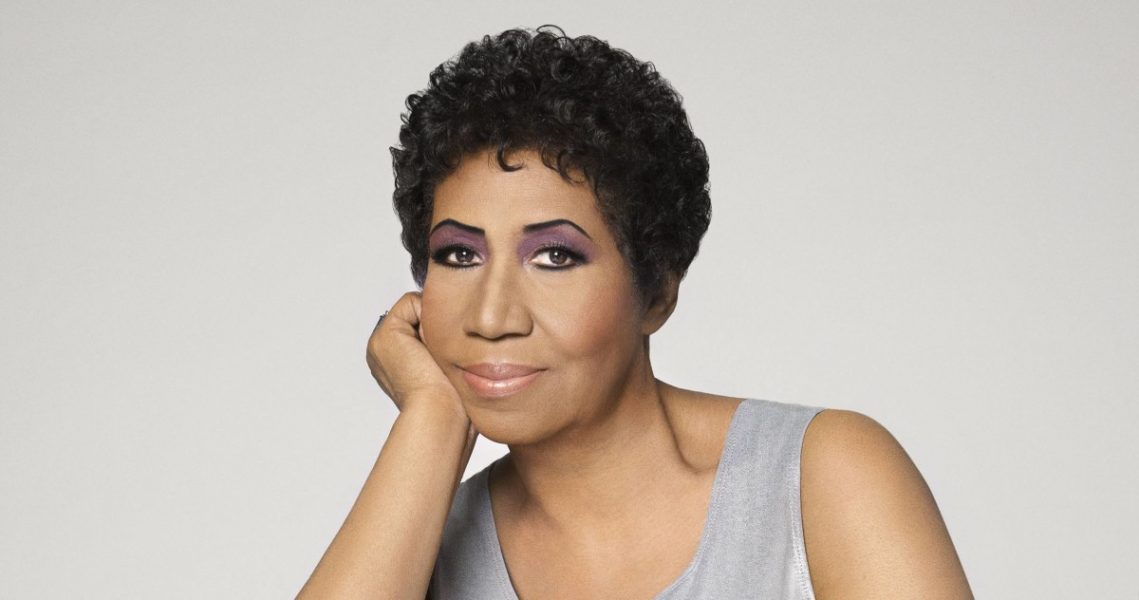Aretha Franklin Added to the Long List of Celebrities Who Died Without a Will

I doubt Aretha Franklin had lawyers, bankers, and the government in mind when she sang the iconic lyric, “I’m about to give you, alllll my money.”
Unfortunately, those are exactly the people who stand to benefit from the star’s private estate.
Music legend Aretha Franklin died Aug. 16 at the age of 76 after battling pancreatic cancer. She left no will or estate plan behind to guide the settlement of her estimated $80 million. The press was quick to point out that her son, Clarence, has special needs that will require life-long financial assistance.
Without her wishes explicitly laid out in a will or trust, we can expect opportunists from Aretha’s business and personal life to come out of the woodwork to score a slice of her fortune.
Experts predict the money will be divided equally among her four sons, in accordance with Michigan law. That sounds nice in theory, but what if that’s not what Aretha wanted? Let’s say she wanted to give more money to her son with special needs. Without a document to enforce her wishes, settlement decisions are left for the state of Michigan to decide on her behalf.
Plus, there is no guarantee the family will R-E-S-P-E-C-T her wishes, even if they were known. (That was my last play-on-words, I promise.)
If the assets are divided equally, the case will be made public anyway when it goes through probate court. That alone probably would have bothered the late Mrs. Franklin, who valued her privacy.
Shortly after Franklin’s death, her family released a statement to the press:
“In one of the darkest moments of our lives, we are not able to find the appropriate words to express the pain in our hearts. We have lost the matriarch and rock of our family.”
This is exactly why estate planning is so important. Families should be using the time following a death of a loved one to grieve, not to worry about money or battle over worldly possessions.
Remember Prince? His loved ones are STILL fighting over his estate in court. They have not seen a penny of inheritance yet, just attorney’s fees. What a shame.
Everyone Needs an Estate Plan
In some ways, it’s even more important for civilians to have estate plans than celebrities. Think about it: The estates of music moguls like Aretha Franklin have a fortune to burn on attorney’s fees. Odds are, you don’t.
A well-thought estate plan is a gift to your family, not a depressing topic to be avoided. It brings financial peace of mind in the event of the unthinkable. It also prevents the lingering unknowns that cause conflict and divide families for generations.
According to recent surveys, more than half of Americans don’t have a will. Make sure you aren’t one of them.
How to Create an Estate Plan
At the bare minimum, each spouse/parent should have the following:
Living will (aka medical directive)
A living will states your wishes in the event you are medically unable to make decisions, especially when it comes to end-of-life care. It also allows you to establish a medical power of attorney to make decisions for you.
Power of attorney (POA)
The power of attorney has the authority to act on your behalf while you are alive. Spouses typically name each other power of attorney for legal, financial, and medical decisions. However, you should name a secondary power of attorney in case your spouse is unable to fulfill that responsibility in the moment of need.
Simple will with testamentary trust language
Testamentary trust language establishes a family trust that activates after you die. If both parents die at the same time, assets would go into this trust for the benefit of the minor child (or children).
You must designate an executor, guardian, and trustee. All three roles can be played by the same person, or different people. Each role requires its own personality and skill set, so this decision is entirely up to you.
The executor is that detail-oriented, Type A personality who will obtain your will, marshal the assets, close bank accounts and credit cards, re-register your bills, get the assets into the trust, get the house sold, do all the logistical stuff that follows a death.
The guardian is that loving, wonderful person who will commit to raising your children in as close a fashion as you would have. Your children will live with this guardian until they are 18 years of age. The trustee is the financial manager of the trust. They run the investments and distribute the money to the beneficiaries.
Keep Your Estate Plan Updated
Estate planning involves more than just a will. You must continue updating the beneficiary information on life insurance and retirement plans, because these arrangements will legally overrule the wishes laid out in a written will.
Review beneficiary information annually and reflect on major life events in the past year:
- Did you get married?
- Did you have any children?
- Did you get divorced?
- Did your listed beneficiary or secondary beneficiary pass away?
If this isn’t done properly, it can cost the intended beneficiary thousands of dollars in income, inheritance, and estate taxes.
Hire a New Jersey Financial Advisor
Losing a loved one is hard enough. Your family shouldn’t have to worry about nasty legal battles or how to make ends meet. If you need help creating an estate plan, or updating an existing plan, Bodnar Financial can help.
Contact us today to schedule a free initial consultation.


